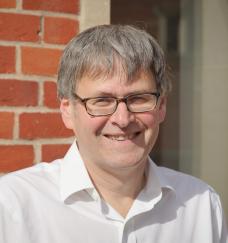Dr Edward Kessler MBE
Dr Ed Kessler is Founder President of the Woolf Institute, Fellow St Edmund’s College, Cambridge and a leading thinker in interfaith relations, primarily, Jewish-Christian-Muslim Relations. He founded the Woolf Institute in 1998 and has written 12 books and dozens of articles in interfaith relations. Ed was described by The Times Higher Education Supplement as ‘probably the most prolific interfaith figure in British academia’ and was awarded an MBE for services to interfaith relations in 2011.
He regularly appears in the media commenting on religion and belief issues of the day.

